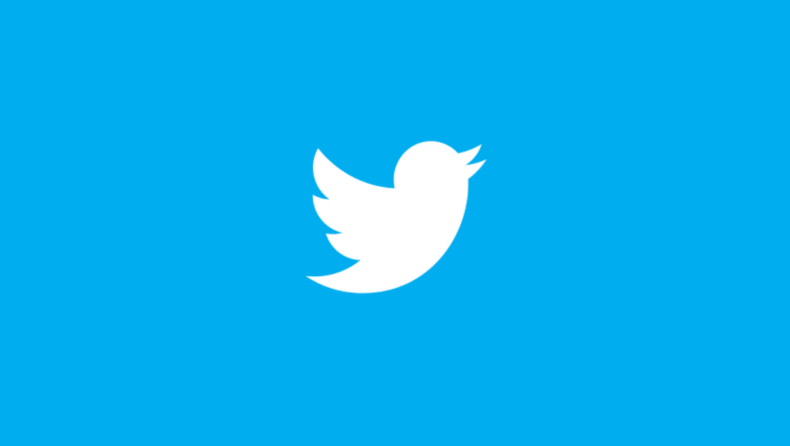Jack Dorsey’s (co-founder and former CEO of Twitter) statement has created quite a buzz in the political arena. Jack Dorsey was conversing with interviewers from ‘Breaking Points,” a YouTube podcast discussing his problems while running Twitter with certain governments. Herein, he mentions India in a company with Turkey and Nigeria (Twitter has been completely banned in Nigeria). Without delay, the government of India responded by calling these claims an ‘outright lie’. Rajeev Chandrasekhar, Minister of State for IT, tweeted that Dorsey’s Twitter regime “had a problem accepting the sovereignty of Indian law”.
In the interview, Dorsey was complaining particularly about the 2021 period, when farmers’ protests were at their peak. Consequently, the government packaged their orders or demands as a request to withhold accounts or take down tweets. The move by the government can be justified as simultaneously radical sikh separatists that cropped up in Punjab were bordering on subversives.
Twitter later responded with a statement (still available on their website) wherein they mentioned that they did find certain accounts that incited violence and abuse and suspended over 500 accounts engaging in the misuse of Twitter. However, the element of defiance is observed in the same post, as Twitter refuses to block certain accounts outside India in order to uphold their principles of free speech and to make sure the fundamental rights of Indian citizens are not affected. The accounts are of media personnel, politicians, activists, and journalists. A challenge has been filed by Twitter in the Karnataka High Court. Karnataka HC has reserved its judgement as of now.
Further, to understand the crux of the issue, we must look into the IT Act of India, Section 79, ‘Safe Harbour Clause’. The Safe Harbour Clause is a legal provision that protects platforms from liability or penalty. What it means is that if Mr X defames Mr Y on the ABC platform, ABC will not have any liability owing to the safe harbour clause. In this situation, the government finds itself clueless. The government will have legal and legitimate requests and demands against certain users. Whom do they go to? It must be marked; Twitter allows anonymity, which brings out the worst in people. For the benefit of national security, the government might need information from users, for instance, about a certain post from an anonymous IP, and the NIA might wish to track them down. Who does the government turn to? Hence, the government demanded that the platforms appoint a compliance officer. While these requests or demands were being made, another issue popped up. When a post by a politician is marked as manipulated media, it prompts the question of Twitter just being a platform, as in this particular case, it is seen to use its editorial discretion, stirring up the debate of whether it should have protection under the safe harbour clause. Thence, the government of India’s argument was that Twitter cannot have it both ways. This is what is bringing out the extra-sharp reaction by the current government in response to the statement of the former CEO.
Cordially,
Shreyamsi Brahma












